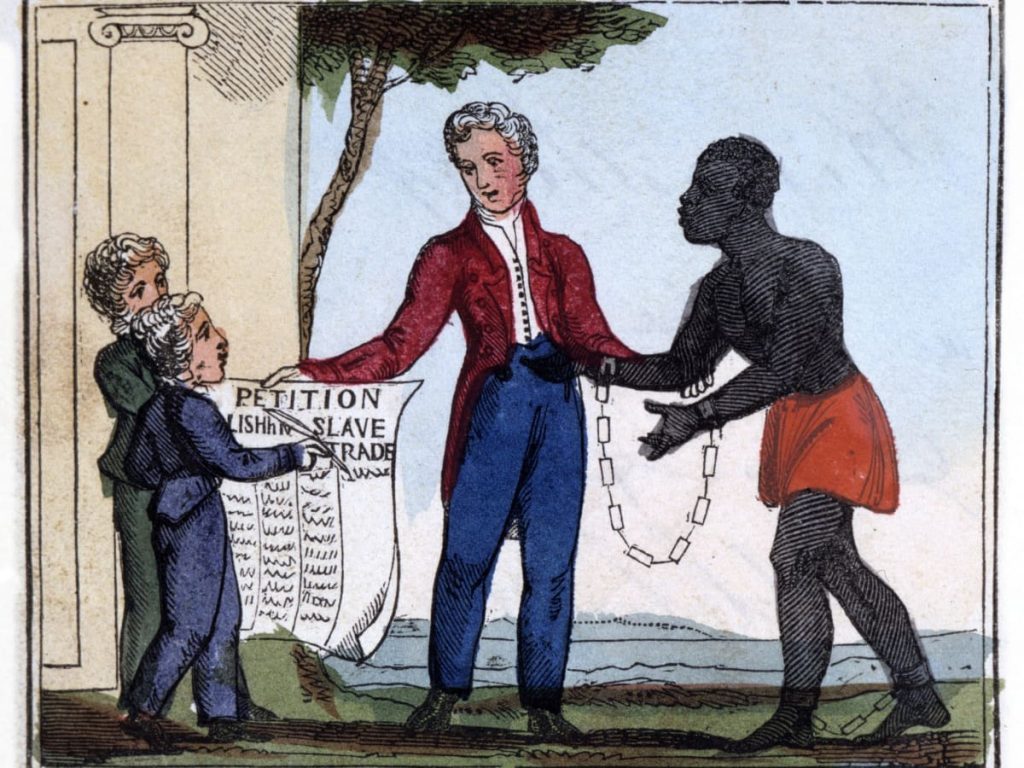The Abolition Debate
Both Henry Highland Garnet and William Lloyd Garrison addressed slaves of the United States in 1843. Each sought to urge the slaves to trust in the process and believe that the end of slavery was nigh. They also sought to reassure the slaves of the support that the abolitionist people of the North were giving them in the fight against the peculiar institution. This commonality of agenda made them similar in some ways, although they differed in others.
Henry Highland Garnet’s tone revealed anger against the slave masters of the South. In his content, he expressed his ideas with a high level of anger, pointing it towards those who owned slaves, as well as the Christians who allowed the persecution of innocent persons of the country. Henry’s tone is also vengeful. He sought to mobilize the slaves of the South against their oppressive owners. He believed that the slave masters deserved the same cruel treatment that they bestowed upon the slaves. ‘You should therefore now use the same manner of resistance, as would have been just in our ancestors when the bloody footprints of the first remorseless soul thief was placed upon the shores of our fatherland.’ (Henry 6). Saying so depicted his anger with the people who dealt in the sale and purchase of slaves. It also shows that he supported the use of force in the fight against slavery. He believed it was the best course of action to assume.
William Lloyd Garrison’s tone was calm and convincing. He sought to explain to the slaves that they should remain calm as they wait for help from the abolitionist people of the North. The content of his message majored on the truthfulness of the friendship that the people of the North were offering slaves. He explained that the Northerners had suffered and some had been killed in their course of defense of abolition. However, their courses of action sought not to revenge by treating the slave owners with the same contempt. Instead, he sought to convince the slaves to be better by seeking other avenues of running away from their owners. ‘consequently, their advice to you is, to be patient, long-suffering, and sub-missive, yet awhile longer—trusting that, by the blessing of the Most High on their labors, you will yet be emancipated without shedding a drop of your masters’ blood, or losing a drop of your own’ (Garrison). This statement explained the unwillingness of the people of the North to support military action and their favor for less bloody actions.
The two persons contrast in some aspects. The most conspicuous is the choice of action made. Garnet sought to have slaves resorting to military action. He believed that the pain inflicted on people and their families should have been the driving force behind the slaves’ actions of violent demand for liberty. On the contrary, Garrison opted for a subtler approach to the same. He believed that bloodshed was an unnecessary issue that should and could be avoided for slave owners, slaves, and people of the North. The two also differed in focus. Garnet put much focus on the injustices that had been done on African Americans. On the contrary, Garrison dwelt on the sacrifice of the abolitionist people of the North.
The addresses also compare in some aspects. Among the most conspicuous is the depiction of true friendship. Both explain the willingness of people of the North to eliminate the institution of slavery to ensure the welfare of the enslaved. They are also had much reverence for God. Both have several mentions of God, which shows their close affiliation to practices of religion.







